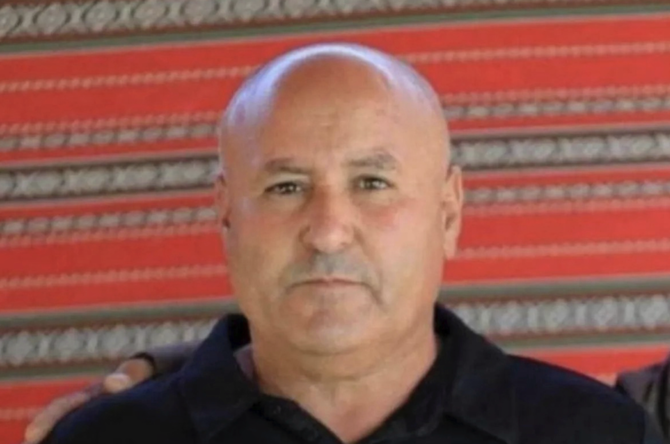BEIRUT: With 3.6 million registered voters expected to vote in Parliament elections on Sunday, here are seven things to know about the system.
First time
It is the first time the Lebanese are voting for a Parliament in nine years. It is also the first time elections are being held since neighboring Syria’s war began in 2011. The vote has been postponed a number of times over security concerns it would ignite tensions among Lebanon’s sects, already heightened by that war. Lawmakers have haggled over election reform for years, finally passing a new law last summer to replace one in place since 1960. The law allows expats to vote for the first time. Of 900,000 voters abroad, only 83,000 registered and just over half of them voted last week.
For the first time, women made up nearly 10 percent of the candidates, up from a meager 1.7 percent in 2009. Only four women made it to Lebanon’s 128-seat Parliament in the last election, a dismal figure compared to other countries in the region.
Complicated law
The new election law is so complex that many have quipped they would rather stay at home because they can not figure out how their vote will be computed. The law implements a proportional system that awards seats by the share of vote received, instead of the former winner-takes-all system in each district. It reduces the number of electoral constituencies from 23 to 15, and allows voters to choose both an electoral list and a preferred candidate from that list.
The elephant in the room
Lebanon’s strongest political party is the only one with an active militia: Hezbollah. The Iranian-backed Shiite faction has thousands of fighters in Syria supporting Bashar Assad, an intervention that nearly tore Lebanon apart last year. Sunnis largely sympathize with the opposition figheres trying to bring Assad down and resent Hezbollah’s domination of Lebanon’s politics and it maintaining an armed force separate from, and stronger than, the national military.
Fathers and sons
Even though the civil war ended 28 years ago, politics are still dominated by former warlords and family dynasties embroiled in sectarian divides. These elites’ grip on power has always enabled them to settle elections before voters get to the polls.
Some are virtually untouchable. The 80-year-old Parliament speaker, Nabih Berri, a Shiite who has held the post for more than 25 years, is running virtually uncontested. Others are now passing their seats on to their children.
Symbolic votes
For the disenfranchised and the forgotten, election season is a chance to get noticed. Manal Kortam is running, but only symbolically — she has no right to run or vote because she is Palestinian. Actually, her mother is Lebanese and father Palestinian, but under Lebanese law women cannot pass down citizenship. There are about 174,000 registered Palestinian refugees in Lebanon, many of them descendants of those who fled to the country after the creation of Israel in 1948. They have no citizenship and few rights, are highly restricted in where they can work, and are often seen as a disruption to the delicate sectarian balance.
The selfie prime minister
Prime Minister Saad Hariri has plastered pictures of himself — and his assassinated father whose political mantle he inherited — all over Beirut, including at its landmark seaside Ferris wheel. His new nickname? “The selfie prime minister,” coined for his affinity for taking selfies with supporters. He even created a selfie app.
After the euphoria, jokes
The change in the law has sparked some optimism the sectarian, family-entrenched political system could be cracked. When it soon became apparent that it likely won’t, resistance took the form of jokes and sarcasm.
So bring in the clowns, literally. A group of clowns known as “Clown Me In” has been mocking campaign slogans.
“It is time!” one Christian party’s campaign posters proclaimed. “It is time for popcorn,” countered a red-nosed clown in an online meme.
Two artists, Michelle and Noel Keserwany, struck a chord with a music video gone viral, urging young people to make new choices and break the cycle. Its refrain is a catchy call to action: “Here we go again, here we go again.”






















